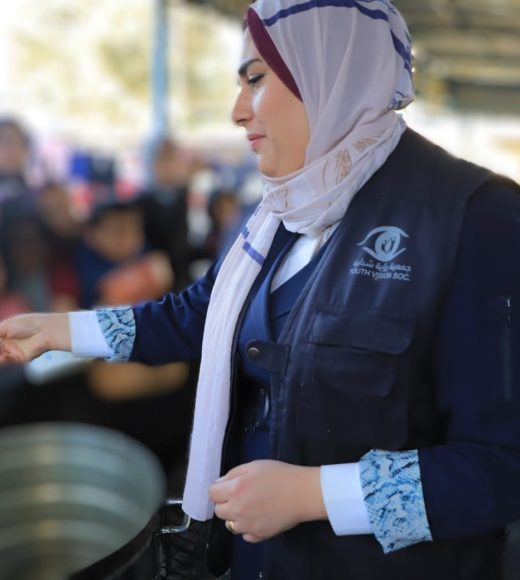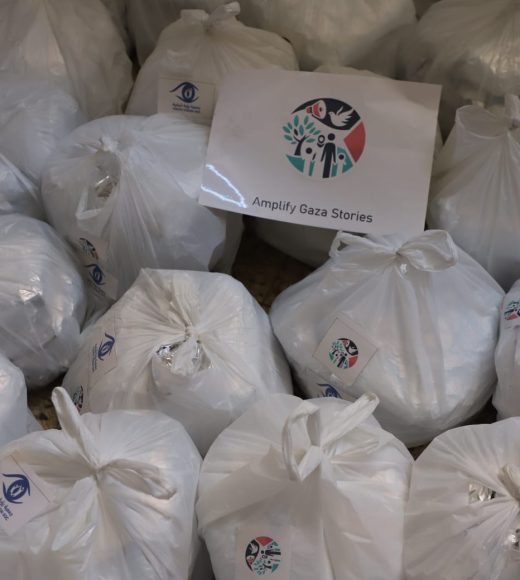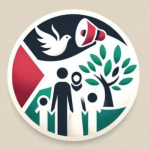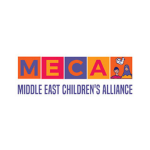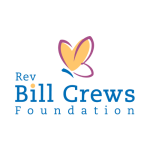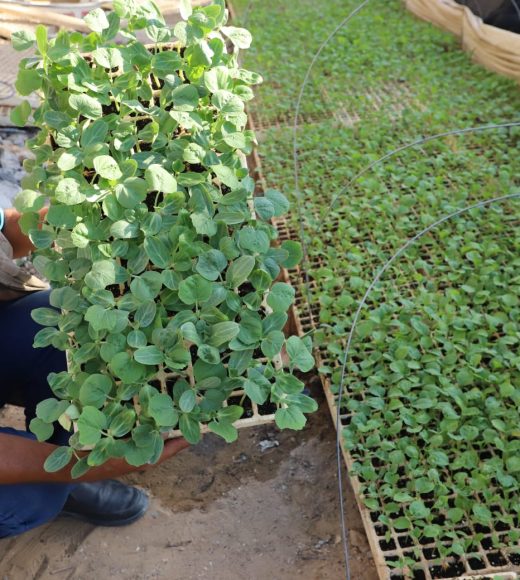

Food Security
The humanitarian crisis in Gaza has brought the population to the brink of starvation. The World Food Programme estimates that 1.1 million people are facing catastrophic levels of hunger. Mass destruction of infrastructure, the blocking of vital humanitarian aid, displacement of communities, and disruption of agricultural activities have severely impacted food production and stability.
Our Food Security projects provide emergency food assistance to reduce hunger and malnutrition, ensuring that vulnerable populations have access to at least some food. This is essential for maintaining health and resilience, especially among children, pregnant women, and the elderly, who are particularly at risk of the detrimental effects of food insecurity. These projects are critically important at this time because they address the immediate food security needs of the population whose means of subsistence have been disrupted by conflict.

